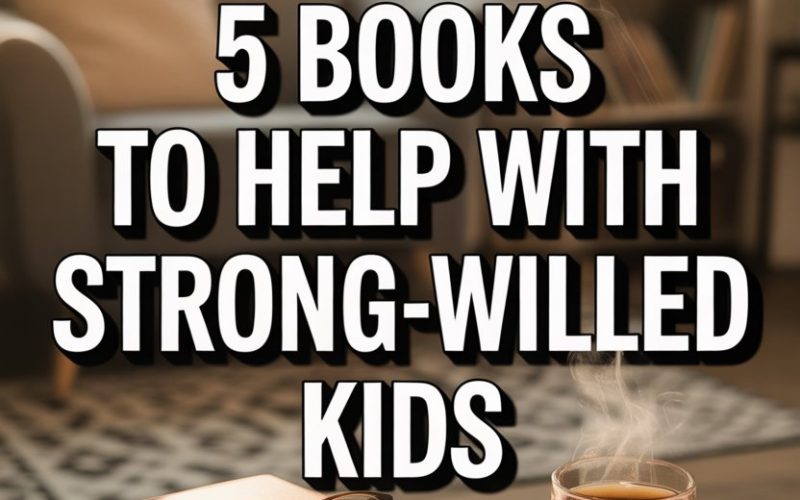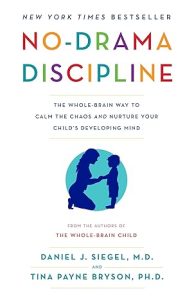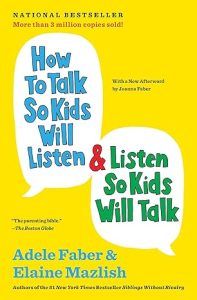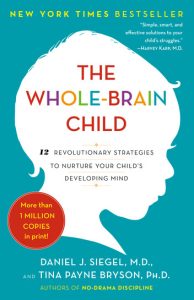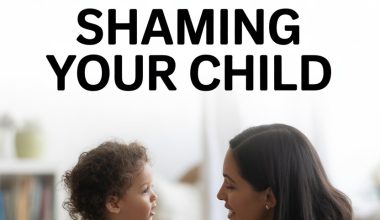Some little ones seem born with opinions, preferences, and a strategic playbook worthy of a courtroom drama.
Parenting a strong-willed child brings a special blend of pride, challenge, and a frequent urge to search “parenting hacks” at 2 a.m.
Busy schedules don’t leave much time to sift through a mountain of advice, so here are five books that truly stand out—and promise practical help, not just theory.
1. The Explosive Child by Dr. Ross W. Greene

If raised voices and tears (from any party) are a routine part of your day, this book might feel like a balm. Dr. Ross Greene, a clinical psychologist, shifts the narrative away from “bad behaviour” and leans into “lagging skills.”
Instead of punishment or rewards, he offers a method called Collaborative & Proactive Solutions (CPS), which is as close as it gets to a win-win.
No one’s saying you’ll be holding peace talks every evening, but the techniques here are genuinely actionable. Greene’s core idea: children do well if they can.
Stubbornness, meltdowns, or downright defiance are often signs that your child is missing the skills to handle frustration, flexibility, or problem-solving—not signs they’re out to ruin your dinner.
You’ll find sample scripts (cue a sigh of relief), practical troubleshooting for common sticking points, and reassurance that you’re not alone.
Many parents report fewer battles and a lot more understanding—plus, the approach works on partners, too, should you find yourself negotiating screen time with a spouse.
Read more about Greene’s approach on Lives in the Balance.
2. Raising Your Spirited Child by Mary Sheedy Kurcinka

